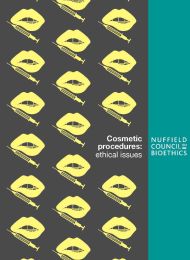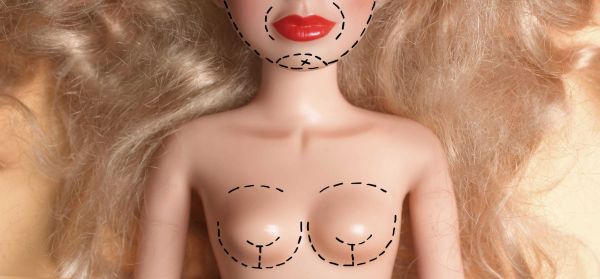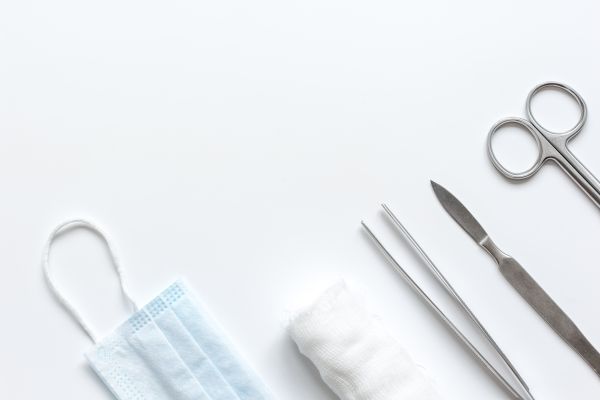Cosmetic procedures: ethical issues
Report
Published 22/06/2017

Appearance and appearance ideals
The use of cosmetic procedures is one of the many ways in which people can change and manage the appearance they present to others. Throughout the ages and across the world, people have been interested in their bodily appearance and in modifying how they look.
However, there are increasing concerns about:
- the degree of anxiety about the perceived gap between personal appearance and popular appearance ideals (‘appearance anxiety’); and
- the potentially discriminatory nature of some of those ideals.
Rising levels of dissatisfaction and anxiety about appearance have been associated with a variety of factors, including:
- the rapid growth in the use of social media;
- increased rating of images of the self and the body, for example through social media ‘likes’, and through self-monitoring apps and games;
- the popularity of celebrity culture, airbrushed images, and makeover shows; and
- social and economic trends such as people living longer and retiring later, while having to compete in cultures that value youth and youthful appearance.
Advertising and marketing widely reinforce the belief that beauty is correlated with happiness and success. Women and girls, in particular, are constantly bombarded with the message that they have a duty to look young and attractive.
These concerns arise alongside scientific advances that increasingly allow for parts of the body to be substituted or modified, including through the use of invasive cosmetic procedures. As well as the social factors mentioned above, economic drivers include increasing affordability of cosmetic procedures, and the commercially driven nature of the industry itself.


Share